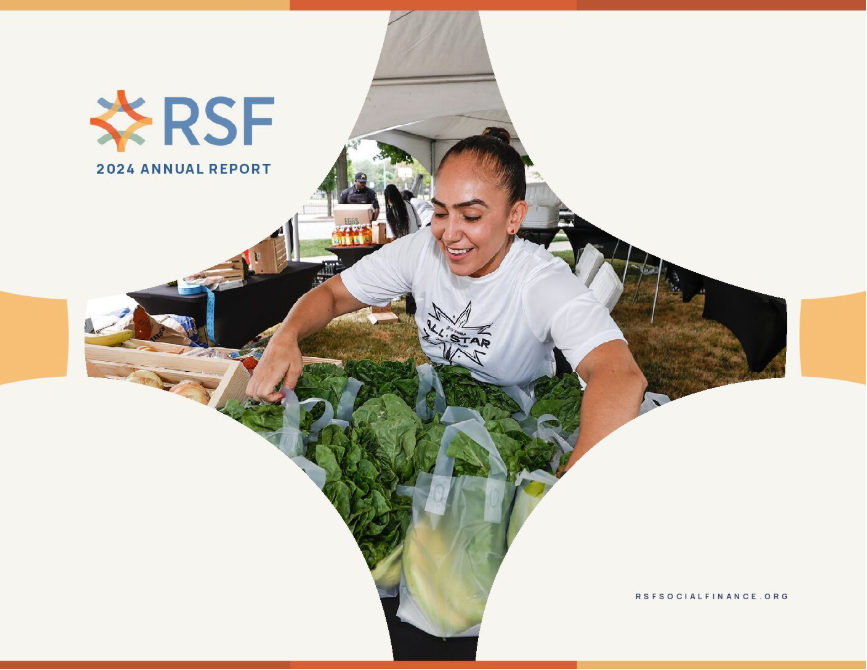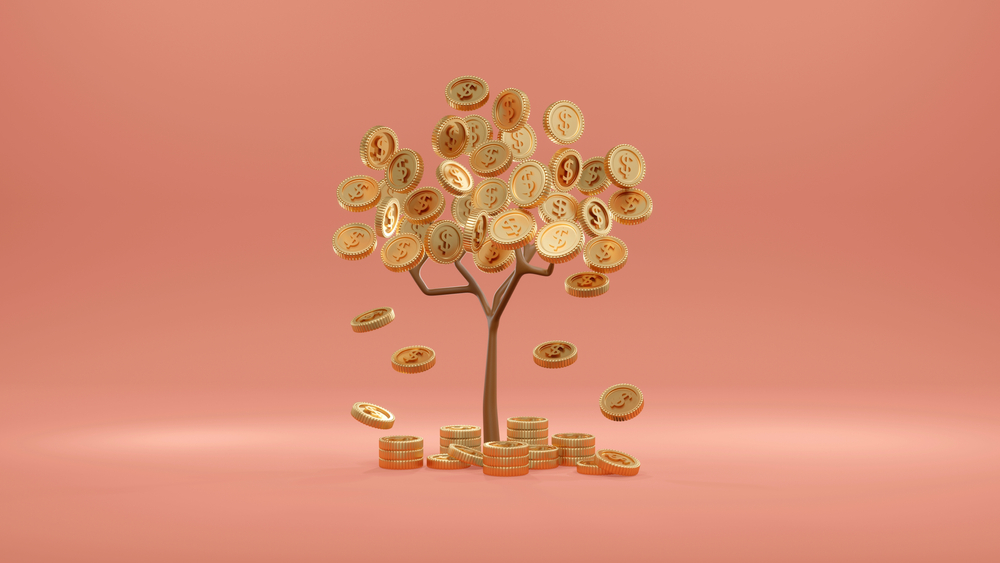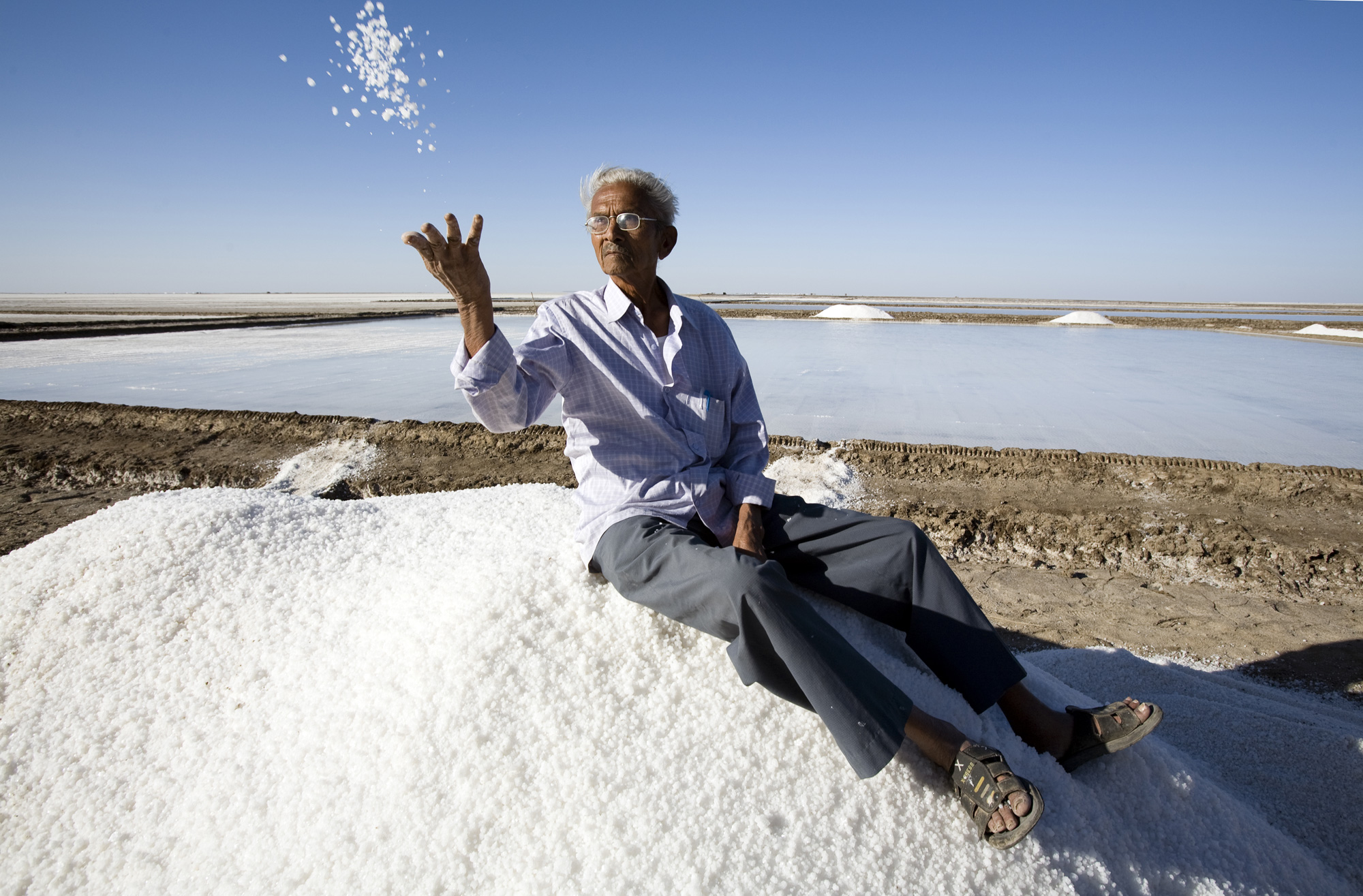To live, we must daily break the body and spill the blood of Creation. When we do this knowingly, lovingly, skillfully, reverently, it is a sacrament. When we do it ignorantly, greedily, clumsily, destructively, it is a desecration.” — Wendell Berry
In ancient times agriculture was intimately connected with the sacred. We find evidence of this in a host of texts and in many traditions which survive to this day. We know, for example, that for the indigenous people on the American continent, the corn plant is believed to have come into being through a long process of cooperation between human beings and the gods, and to grow corn is still a sacred activity for many Native American people today.
If we try to discern the ultimate source of these traditions, we discover that people in ancient cultures experienced the natural world much differently than we do. Where today we might see, for example, simply a corn plant (tall stem, tassels, ears, husks, silks, kernels, etc.), they saw the body of a spiritual being whom they felt to be the ultimate source of the unique traits and gifts of that particular plant species. These spiritual beings endowed all creatures and all creation with a special kind of dignity.
It was thus not enough for ancient cultures or indigenous people to simply plant a corn seed at the right time in the right soil, and then cultivate the plant during the growing season until harvest. Growing corn also required prayers and rituals that would invite the spiritual being of corn to participate in the growth of the plants and so bless the people with her radiant wisdom and health giving powers. Maintaining this sacred connection with the gods through agriculture was at the heart of the life of ancient cultures and echoes of this religious feeling toward nature survived in indigenous and rural farming communities for centuries.
In his lectures, Rudolf Steiner indicated that the gradual loss of this way of experiencing the world among the majority of the world’s population was an inevitable and necessary part of the evolution of human consciousness. This loss paved the way for a much clearer way of seeing the physical world, and eventually led to the discovery of the physical laws of matter and to modern technology. Through this process of evolution, we have also come to experience ourselves more and more as unique individuals independent of nature, culture, race and one another. With this independence comes freedom: the freedom to choose our own vocations, community and ideals—as well as the feeling that we are responsible for our own actions. This sense of individual freedom and responsibility is the gift, the silver lining, you could say, of materialism.
The healthy age of materialism has long since passed, however, so that today we bear witness primarily to the shadow side of materialism rather than its gift. We have become so enamored of our seeming power over nature, that we are undermining the very fabric of life on earth. This is perhaps nowhere more evident than in agriculture. Practices like confined animal feeding operations (CAFO’s) and genetically engineered plants and animals (GMO’s) betray a consciousness completely devoid of any remaining sense of the spiritual dignity of organisms, creatures and species.
There is a silver lining, however, to this era of post-materialistic devolution of values. In the depths of the crisis brought on by these destructive trends, a new, individualized, eco-spiritual consciousness of the world is emerging. From thousands of humble, everyday people—farmers, eaters, scientists, educators, artists and business people—a grassroots awakening to the ecological and spiritual realities that sustain the earth and her creatures is taking place. This new consciousness, I would suggest, is the ultimate source of inspiration for the growth of the ecology movement of the 1960’s, the health food movement of the 1970’s, the environmental movement of the 1980’s, the organic farming movement of the 1990’s, the local food movement of the 2000’s, and a host of other allied movements too numerous to mention. It is also, of course, the inspiration for the biodynamic movement which seeks to demonstrate the many practical ways this new consciousness can bring renewal to the earth and to the practice of agriculture.
Yes, the sense of the sacred is reemerging in the food and agriculture movement of today, as the quote from Wendell Berry at the beginning of this article so beautifully expresses. But, this new consciousness of the sacred is not the same as that possessed by ancient cultures. This awakening is not embedded in hierarchical, collective religious practices or cultural norms, but rather has emerged as a natural extension of healthy scientific inquiry and in the context of a cosmopolitan confluence of diverse philosophical perspectives and cultural traditions. This new sense of the sacred is thus rooted in and sustained by a contemporary sense of individuality and freedom of thought. In this otherwise deeply troubling moment in human history, this awakening, this growing movement toward a reunion of agriculture and the sacred, can give us hope.
by Robert Karp

Robert Karp is the executive director of the Biodynamic Farming and Gardening Association and is a long-time social entrepreneur in the sustainable food and farming movement. Robert has helped start numerous innovative food projects, including community supported agriculture projects (CSAs), farmers’ markets, institutional buying projects and farmer-buyer-consumer alliances. He is also the founder of New Spirit Farmland Partnerships, LLC, the former executive director of Practical Farmers of Iowa, and former board chair of the Michael Fields Agricultural Institute.


